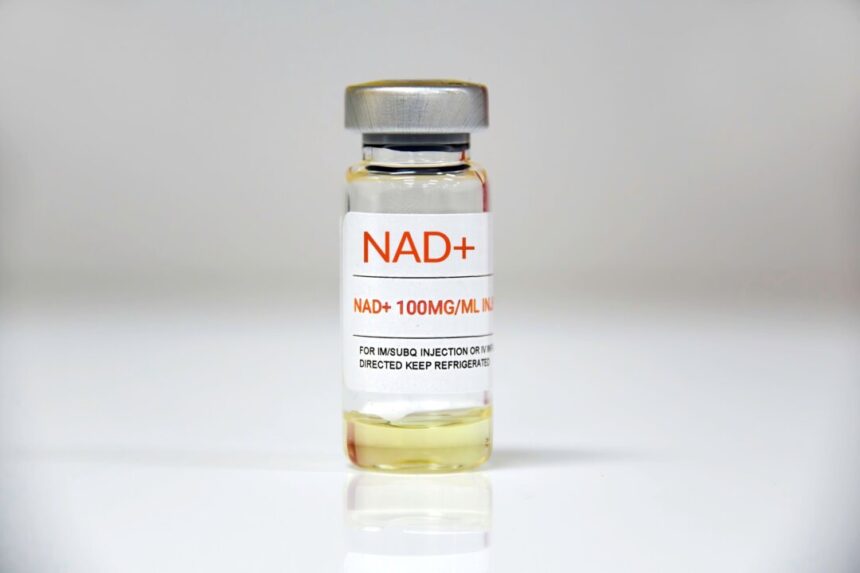As we age, our NAD+ levels decrease, but actively maintaining optimal levels through various pathways may be linked to longevity. NAD+ supplements, short for nicotinamide adenine dinucleotide, are being researched for their effects on cellular energy production, mitochondria function, and DNA repair. It is important to understand the role of NAD+ in the body and the evidence supporting its connection to longevity before considering supplementation. Researchers are investigating NAD+ as a promising therapeutic in aging, as its levels naturally decline with age due to factors such as DNA damage and loss of mitochondrial efficiency. Various methods, such as oral supplements, nasal sprays, and precursors like NMN and NR, can help restore NAD+ levels. However, caution should be exercised as high NAD+ levels have been associated with potential risks like cancer and immune system impacts. It is essential to work with healthcare professionals and conduct further research to understand the long-term effects and optimal dosage of NAD+ supplementation for healthy aging. The relationship between NAD and cancer is complex, with NAD potentially acting as a protective factor in the early stages of cancer development but as a promoting factor in the later progression of the disease. A study published in Nutrients suggested that replenishing NAD pools through NR supplementation could inhibit tumor growth and metastasis while promoting overall health in tumor-bearing mice. This approach was seen as a novel strategy to prevent the progression of hepatocellular carcinoma.
Dr. Terry Simpson emphasized the importance of NAD metabolism in cancer cell survival and highlighted the exploration of NAD biosynthesis pathways, such as the NAMPT-mediated salvage pathway, as a therapeutic strategy. NAMPT, a gene involved in NAD+ production, plays a critical role in DNA repair. Overexpression of NAMPT in cancerous tumors has been linked to increased NAD+ levels, facilitating cancer cell division and survival.
While NAD supplementation shows promise in limiting metastasis in certain types of cancer, including triple-negative breast cancer, caution is advised due to potential risks of promoting tumorigenesis and interacting with cancer therapies. Further research is needed to understand these risks and develop safe and effective strategies for NAD modulation in cancer patients.
To naturally raise NAD+ levels, various approaches can be explored. These include following a keto diet, practicing intermittent fasting, consuming specific nutrients like tryptophan and niacin, and incorporating substances like resveratrol and quercetin into your diet. Exercise, temperature exposure, and avoiding lifestyle factors that deplete NAD+ levels are also recommended to support optimal NAD levels.
Ultimately, optimizing NAD+ levels through healthy lifestyle behaviors and potential supplementation with high-quality NAD+ precursors may offer benefits for overall health and longevity. Consulting with healthcare professionals can help determine the best approach for maintaining optimal NAD levels and supporting well-being. Please rewrite this sentence.
Source link






